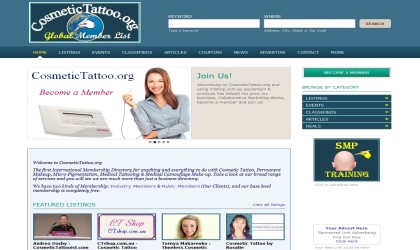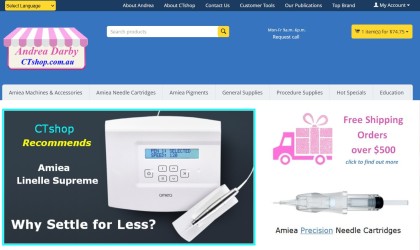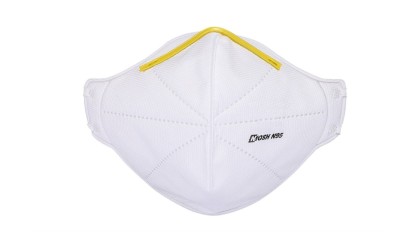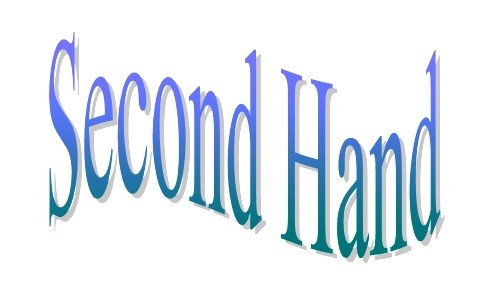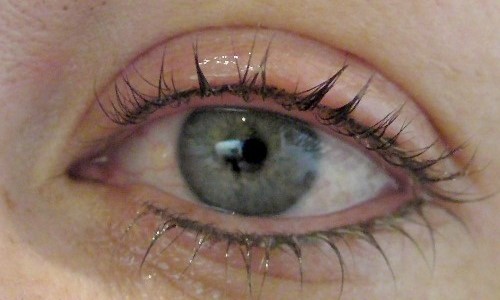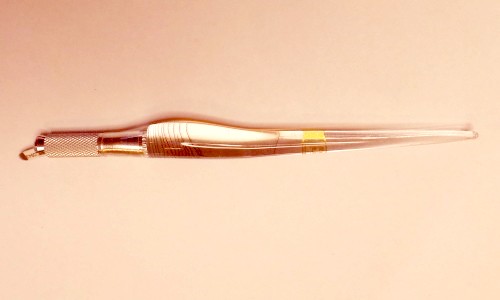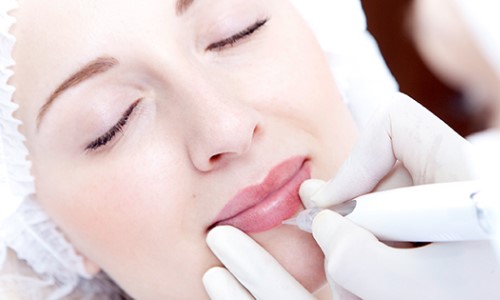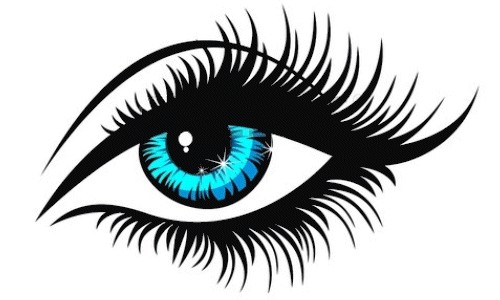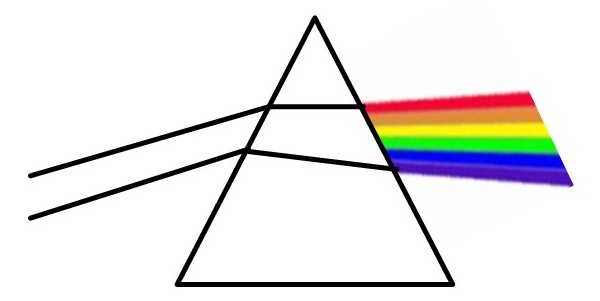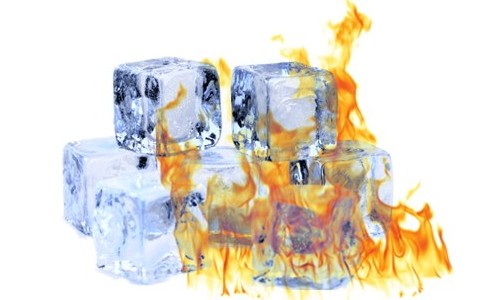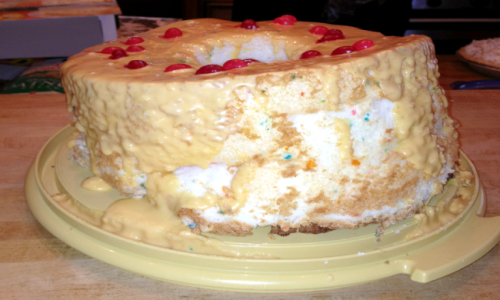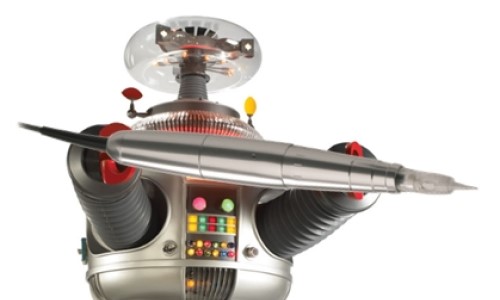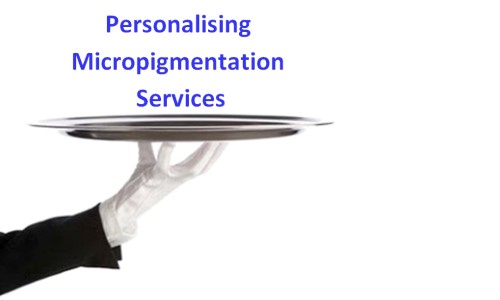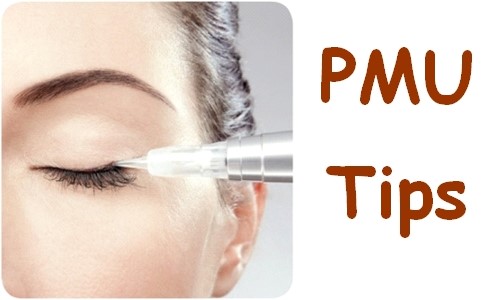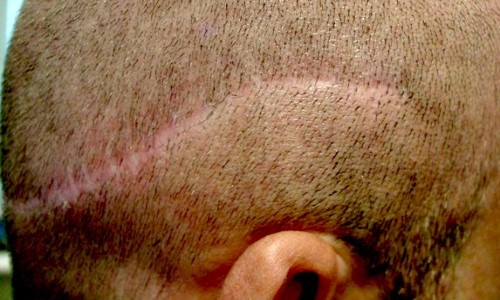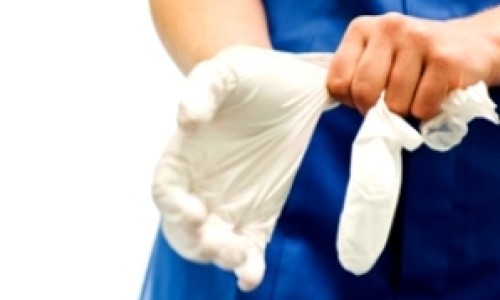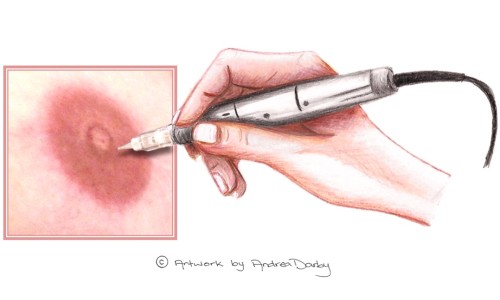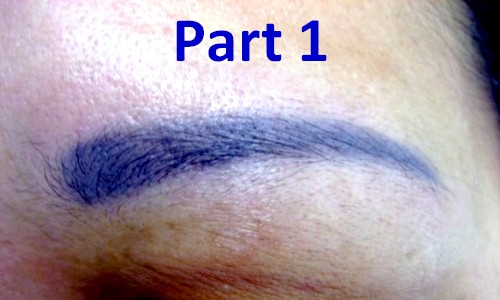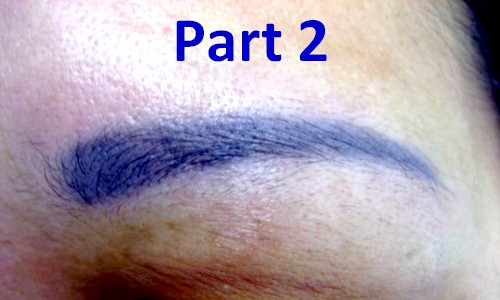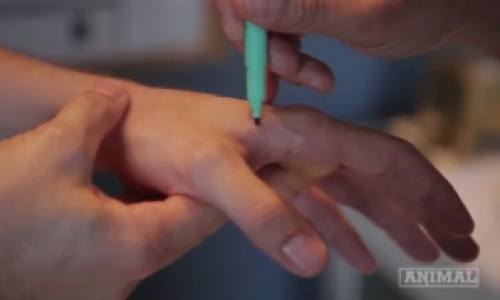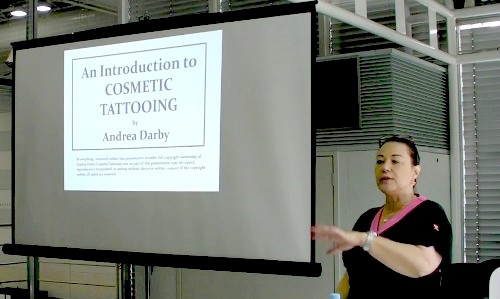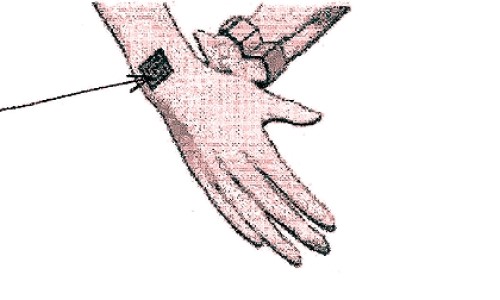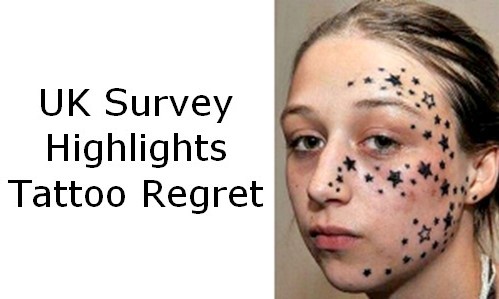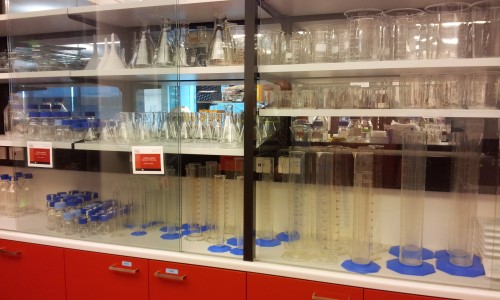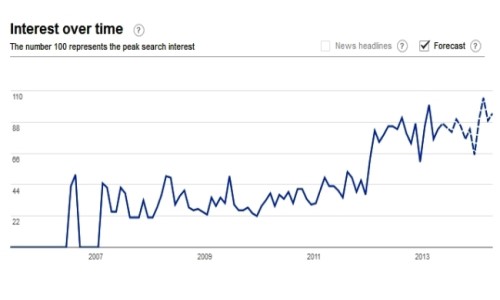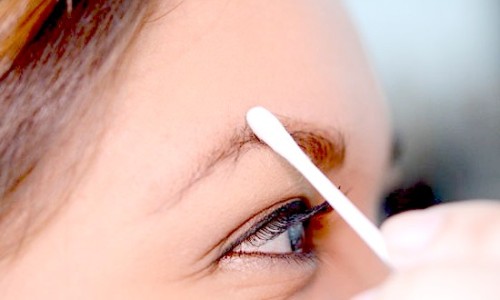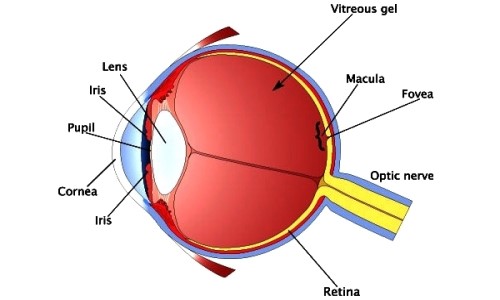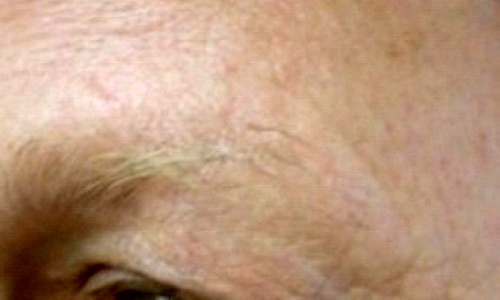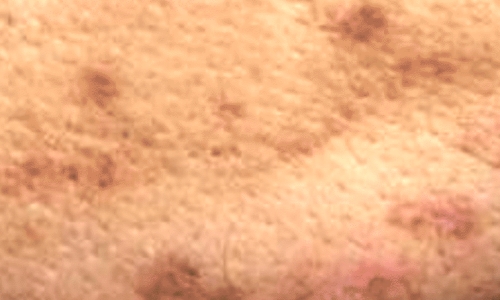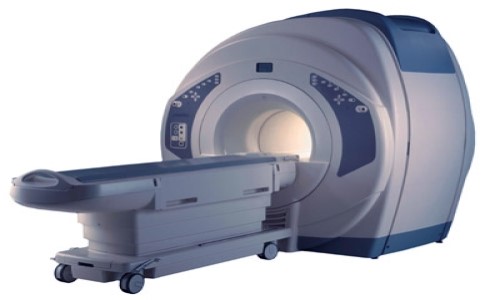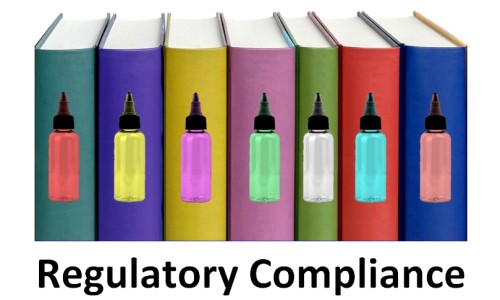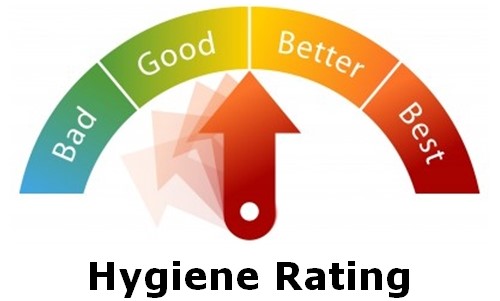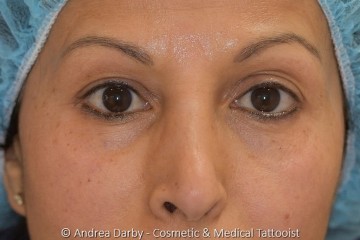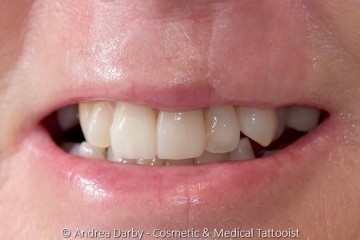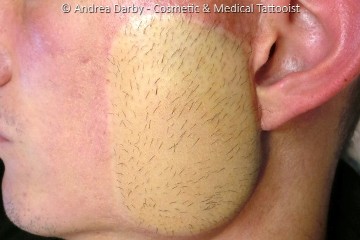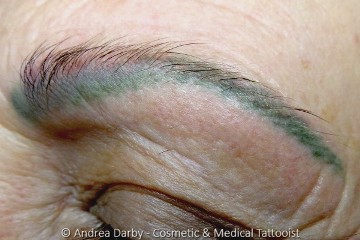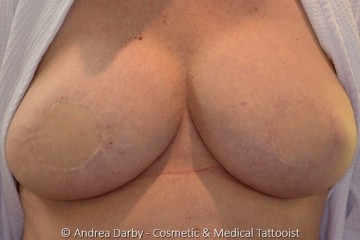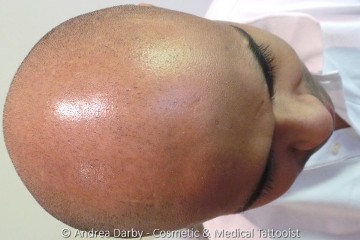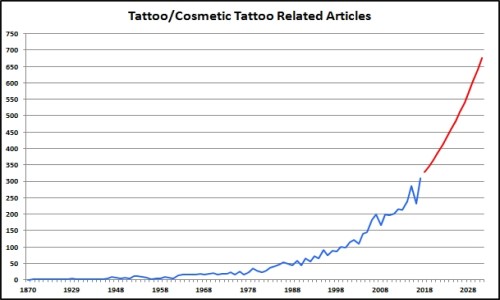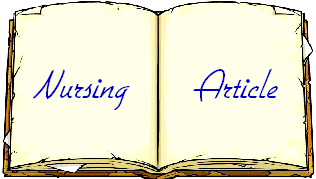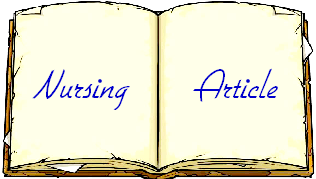Cart is empty
When Marketing Via News Media Goes Wrong
28/05/2013
by Chris Adams
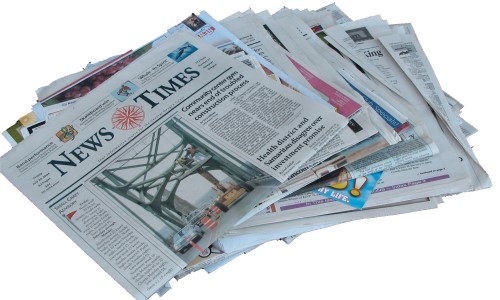
Using the mainstream media to market your Cosmetic Tattoo business may seem quite enticing with the potential for widespread free exposure, BUT it can also go horribly wrong and end up doing your brand more harm than good.
▼ Continue Reading ▼|
Marketing your Cosmetic Tattoo business via the news media may seem like an attractive proposition, you could achieve a great deal of exposure for your brand and best of all unlike conventional advertising they wont ask you to pay for a news report. But there could be a hidden cost that may end being far more expensive than you ever expected. Most Cosmetic Tattoo technicians are small business operators that do not have the luxury of ethics committees and media departments so its no surprise that they would be out of their depth when interacting with the newspaper industry. In this article
I examine how attempting to market your services via the mainstream news media can go horribly wrong and
I consult with some experienced journalists and medical ethics experts to guide us on avoiding having a similar experience. Our story begins with a short article in the Telegraph Newspaper in the United Kingdom on the 17/04/2013 a cosmetic Tattoo technician in Liverpool was interviewed by a trainee reporter for a story about Areola Tattooing;
Unfortunately the above article mentions the very flippant term "tittooing" in reference to Areola tattooing, and it is unclear how accurate the news article is in relation to the original interview but it mentions the exorbitant cost of up to £1,200 (around AU$1875 or US$1800 at the time of writing) for a two hour treatment to both nipples. The article was quickly picked up by both on and offline news outlets and the story rapidly deteriorated into seedy comparison to a range of services unrelated to Areola Tattooing. The Young Turks Online News Show compared areola tattooing to services such such as anal bleaching and no mention was made about the fact that overwhelmingly areola tattooing is provided to women post reconstructive surgery for life threatening conditions such as breast cancer. Mainstream news media as far away as New Zealand picked up the story and continue to peddle the unsavoury term "tittooing" knowing that it would attract controversial attention to the report. The story hit twitter with a series of #tittoo tweets and Bloggers as far afield as Australia
on Nine MSM got in on the action by adding bizarre nipple tattoo pictures to the storylines (page recently removed due to inappropriate content). The mainstream news outlets in the UK continued to rehash the story with Mail Online opening the storey up to public comment and as you might expect the comments were not all positive. Huffington Post wasted no time getting in on the gratuitous frenzy and over 700 public comments were made many of which were negative or derogatory in some way towards the women making the choice to undergo Areola Tattooing. An examination of Google search trends show that prior to the publication of the original article the term "tittooing" was virtually unknown in cyberspace but a Google search for the term "tittoo" now returns over 100,000 page hits, many of those pages range from the derogatory right through to blatant ridicule of women.
On the 13/05/2013 the UK technicians strike back with yet another news interview in the Sun Newspaper; This is the point in which the saga takes a disturbing turn, Cosmetic Tattoo technicians know only too well that many of the women who opt for areola tattooing have struggled not only with a life threatening illness but have also had to come to terms with significant changes to their bodies and battled to maintain their psychological wellbeing. It would be of great concern to any health professional see patients subjected to objectification and public abuse in that way, there have been some notable situations that have led to unexpected and tragic results when people experience public abuse, humiliation, or ridicule such as occurred in the tragic case for British Nurse Jacintha Saldanha.
The question is how did the technicians in the UK underestimate the potential for marketing efforts via the news media to turn so negative? I spoke with several experienced journalists, an expert in medical ethics, and some patients who had undergone areola complex tattooing post mastectomy secondary to breast cancer to gain some additional insight into this topic, their very frank perspectives are summarised below. Print Media Editorial Point of View "Straight off the bat I will say that it is not a news journalists job to advertise or promote a business for them
(the business owner), anyone who participates in an interview believing that promotion is the objective is pretty naive. Our role is to present information to the reader either from an unbiased perspective or to present opposing perspectives, we might take an angle with a piece and the angle could be positive, negative, or neutral, but if you are looking for promotion buy an advert don't expect a news journalist to promote you." So you don't care much which direction the piece takes? "Of course not, let me clarify; a journalist generally does not set out to cause carnage but titillation and controversy sell newspapers so they are good for us, articles are often carefully crafted to trigger a gut response and if you end up with strong opposing views the piece can become syndicated if other outlets recognise the value in the piece it could get a run. So yes, subjects that invoke strong views and controversy are good for us..." What about the business owner or the subject of the piece? "There is a saying sometimes bandied about that 'there is no such thing as bad publicity' let me say that on rare occasions that can be true, but mostly that is rubbish, bad publicity can crush even the biggest players so tread carefully." What advice would you give to a business owner thinking about participating in a news article interview for the purposes of promoting their business? "Think it over carefully; the outcome could positive, negative, or neutral and even if it is positive another paper could run an opposing piece which could be negative and that story could get more coverage. Also if you want to be taken seriously then avoid injecting words that are saucy or titillating because it might come back to haunt you, the journo might add some of that content anyway so there are no guarantees. If the article is going to include material that could lead to derogatory comments, I am talking about online content now, then you would be seeking some undertakings that the article will not be open to public comments. Even so if the piece gets picked up by other outlets they would probably open up the forums and you could still cop an avalanche of negative comments. Also it is probably best to avoid mentioning product or service pricing in an interview because it adds an 'advertising' flavour to the piece." Any final comments? "Caveat Emptor, (buyer beware) or in this case Caveat Negotiatori" (merchant beware).
Medical Ethics Point of View If a service provider uses the term "Medical" within their title or the title of the service should that hold any special significance? "Absolutely, a patient would reasonably expect that the person or service was provided with the highest ethical principles and that the service was provided by a qualified health professional or under the supervision of a health professional." Can patients be recruited to pose for photographs to advertise or promote medical services? "This is a complicated topic, most health professions have strict guidelines for advertising and caution definitely is warranted when the intent is to use patient photographs for promotion of services. Use of patient related information or materials for any purpose other than primary care would require written informed consent and would usually be non identifying." What about participation in news articles? "The mainstream news media can be an avenue to inform the public about breakthroughs and advancements but it can be tricky because information can be misquoted or factually incorrect and you open yourself up to valid criticism if the 'News' looks like advertising. For this reason press releases can be a more suitable choice as opposed to agreeing to be interviewed." Do you have any thoughts about patients being recruited for general news articles relating to medical services? "On the whole its not a good idea to ask patients to participate in that type of thing because the patient could be subjected to unwanted attention and outcomes can be highly unpredictable. Health or Medical journals are a better choice for getting the message out about new or little known services and there is far more confidence in the approach and use of patient related materials." Any final comments? "Stick to your ethical principles and if in doubt discuss your intentions with other health professionals before participating in unorthodox promotional activities".
Areola Tattooing Patients Point of View How do you feel about the term "Tittooing" to describe areola tattooing? "I think its dreadful, it sounds almost pornographic something that you might expect to see at one of the sexpo displays, not that I have ever been to one, but I mean it sounds tacky and seedy."
Would you have had areola tattooing done after your reconstruction if it had been described as tittooing? "No, I would not have considered it because it sounds like someone thinks its a joke to go through what I went through, it conjures up images of tacky tattoo parlours and bikers. I went to a very professional medical tattooist and I am happy with the results but I have to say that if she had called it tittooing I never would have contacted her". Because the term tittooing sounds disrespectful? "Yes and if the technician did not recognise that then I would rather go elsewhere."
"Well of course that is their choice but I personally would not want to cop criticism from people about having nipple tattooing because I am being included in a group that I am not part of. I had breast cancer it was awful, the surgery was awful, the chemo was awful, the reconstruction was awful. I had nipple tattooing because after the reconstruction I still looked odd, I did not want to become a page 3 girl I just wanted to look something close to how I looked before I had breast cancer surgery."
Any final comments? "I think that nipple tattooing was a good choice compared to the surgical option and more women who have had breast cancer need to be aware that this is available to them, but you need to be careful how you go about promoting it so we do not end up being subjected to ridicule for having a breast tattoo."
Summary Medical Tattooists have struggled to gain credibility as an ancillary health service provider and there has been slow but steady acceptance by health professionals that MicroPigmentation can offer their patients a range of different options not available within the traditional health service repertoire. For several years Cosmetic/Medical Tattooists have walked a line with one foot in the beauty industry and one foot in health industry, what might be appropriate in the beauty and fashion industry may be completely inappropriate in the health industry, the above articles highlight the dilemma that can be created when confusion occurs about the various roles and responsibilities of a technician.
Date of most recent revision:
28/05/2013 (mutatis mutandis) Copyright © 2013 CTshop.com.au & the article author All Rights Reserved. No copying, transmission or reproduction of site content is permitted without our prior written consent.
Printing Restriction: This article is print disabled, please read our Intellectual Property & Copyright Policies if you would like to request a copy or permission to use the article content for any purpose. |
Main Menu
- Eyeliner Tattooing vs Dry Eye
- MicroBlading - First Things First
- Cosmetic Tattoo Training Standards
- Carcinomas in Tattoos a Statistical Anomaly
- Lash or Brow Growth Enhancing Serums & Tattooing
- What Influences the Colour of a Cosmetic Tattoo?
- Hygiene Protocols Update : Surface Cleaning Wipes
- Preventing & Managing Disputes
- Warm vs Cool Colours
- Age of The Alpha Metrosexual
- Who Will Buy a Poorly Iced Cake?
- Australia now has a Board Certified MicroPigmentation Instructor
- Robot Tattooists?
- Postcards From Birmingham
- The SCAPP Scale - Personalising the Micropigmentation Service
- How to Choose Your PMU Artist
- Scalp MicroPigmentation - More Than Just Ugly Scars?
- Permanent Eyeliner - Avoiding Complications
- Personal Protective Equipment - Are You Covered?
- 3D Nipple Tattooing a New Service?
- Why Do Cosmetic Tattoos Change Colour? - (Part 1)
- Why Do Cosmetic Tattoos Change Colour? - (Part 2)
- Smart Tattoos Are They The Future?
- Presentation: Adding Cosmetic Tattoo to Your Salon
- Cell Phone Vibrating Tattoos
- UK Survey - One Third Regret Their Body Art Tattoo
- Collaborating & Consulting with Dr. Linda Dixon
- Stem Cell Research - Inside the Lab
- When Marketing Via News Media Goes Wrong
- Client Pre-Treatment Screening Questionnaire
- Permanent Makeup Google Search Trends
- Potential Causes of Nosocomial Type Infections in the Salon-Clinic Setting
- Topical Anaesthetics & Cosmetic Procedures
- Introduction to the Fundamentals of Colour Perception
- Clients With Unexplained Loss of Outer Eyebrow Hair
- Hyperpigmentary Skin Conditions & Cosmetic Tattooing
- Cosmetic Tattooing & MRI’s - Diametric Particle Agitation Hypothesis (DPA)
Site News Selection
Educational Article Selection
Regulatory Article Selection
Client Case Studies Selection
Science Library Selection
Complete regrowth of hair following scalp tattooing in a patient with alopecia universalis
31/01/2023
Atypical Intraepidermal Melanocytic Proliferation Masked by a Tattoo: Implications for Tattoo Artist
20/09/2018
Chemical conjunctivitis and diffuse lamellar keratitis after removal of eyelash extensions
26/08/2018
Scarless Breast Reconstruction: Indications and Techniques for Optimizing Aesthetic Outcomes
07/04/2018
High speed ink aggregates are ejected from tattoos during Q‐switched Nd:YAG laser treatments
28/03/2018
Unveiling skin macrophage dynamics explains both tattoo persistence and strenuous removal
08/03/2018
Granulomatous Tattoo reaction with Associated Uveitis successfully treated with methotrexate
08/02/2018
Identification of organic pigments in tattoo inks & permanent make-up using laser mass spectrometry
07/02/2018
Microbiological survey of commercial tattoo and permanent makeup inks available in the United States
03/02/2018



